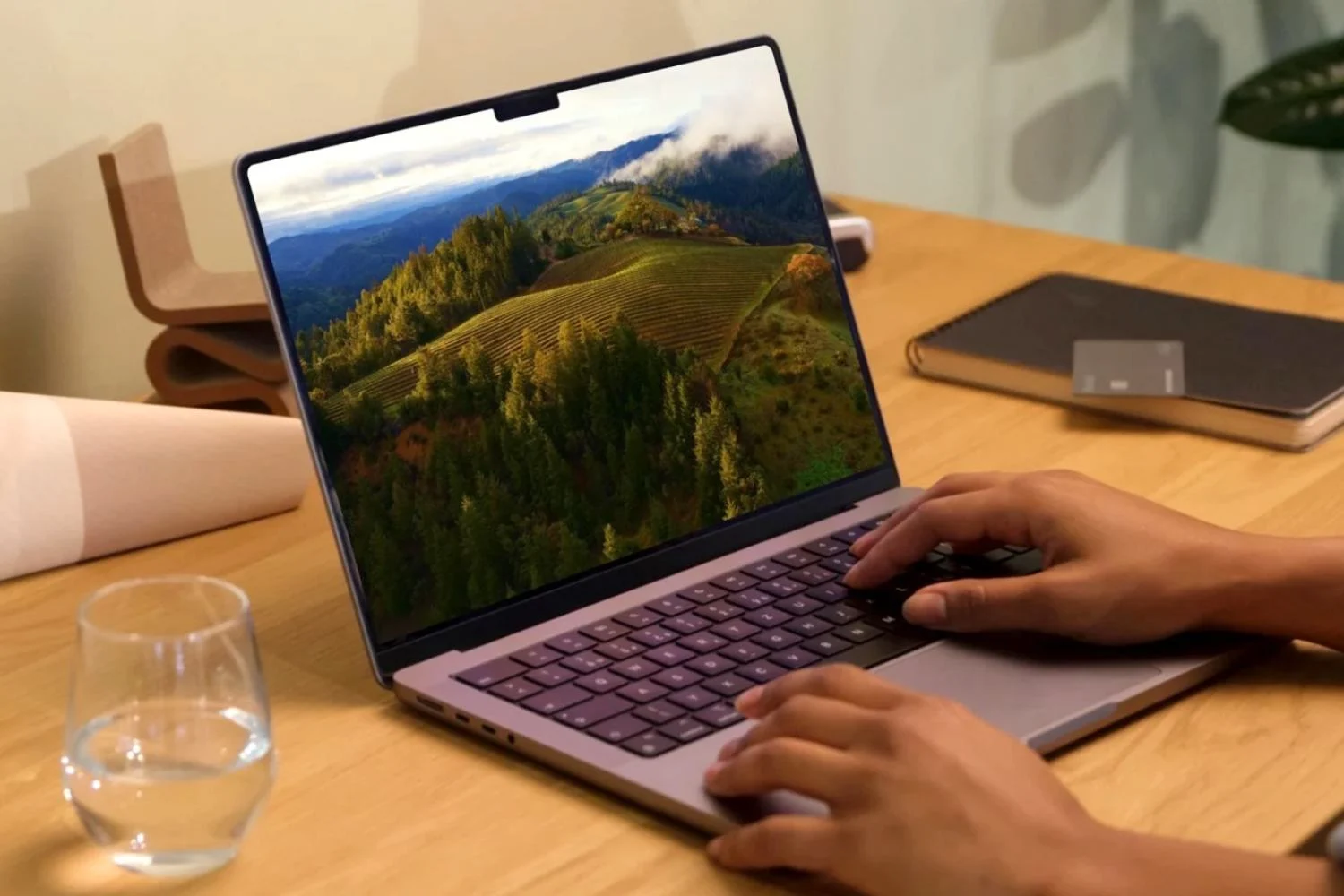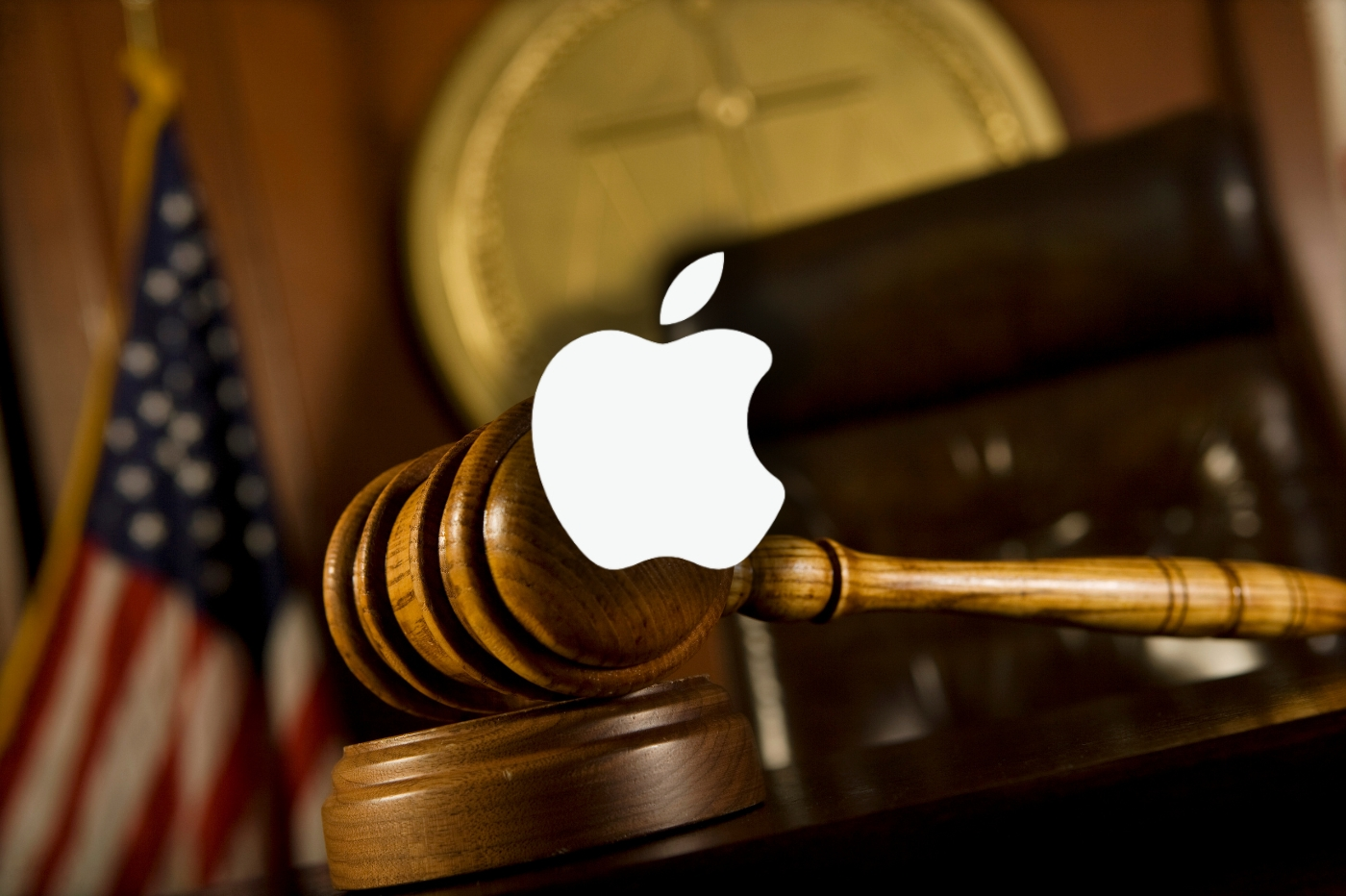An analyst working at John Hopkins University claims to have taken the time to understand the data encryption systems of our smartphones to draw serious conclusions. Indeed, according to Matthew Green,no device “is not protected as it should be“. His investigation even goes very far, since he claims not to understand the usefulness ofbackdoorsif our mobiles are already so vulnerable.
In an interview withWired,to be found in detail right here, those who could easily be described as whistleblowers also ensure that from the first time an iPhone is turned on, it finds itself at the mercy of potential pirates. And this,before any unlockingmanual by its owner, making technologies such as Face ID obsolete.
Nuanced risks
However, still according to the same study, devices that exploit such flawslike those of the manufacturer Cellebriteare verydearand most of the time chosen especially for large-scale operations. Thus, the authorities invest mainly for investigations into terrorism or the fight against narcotics.
In addition, there are privacy protection features that are only found iniOSand not on smartphones equipped with Android. Which recalls Apple's repeated commitment to the protection of personal data, reiterated again during the release ofl’iPhone 12.

i-nfo.fr - Official iPhon.fr app
By : Keleops AG






